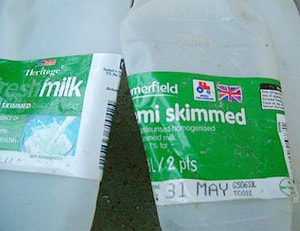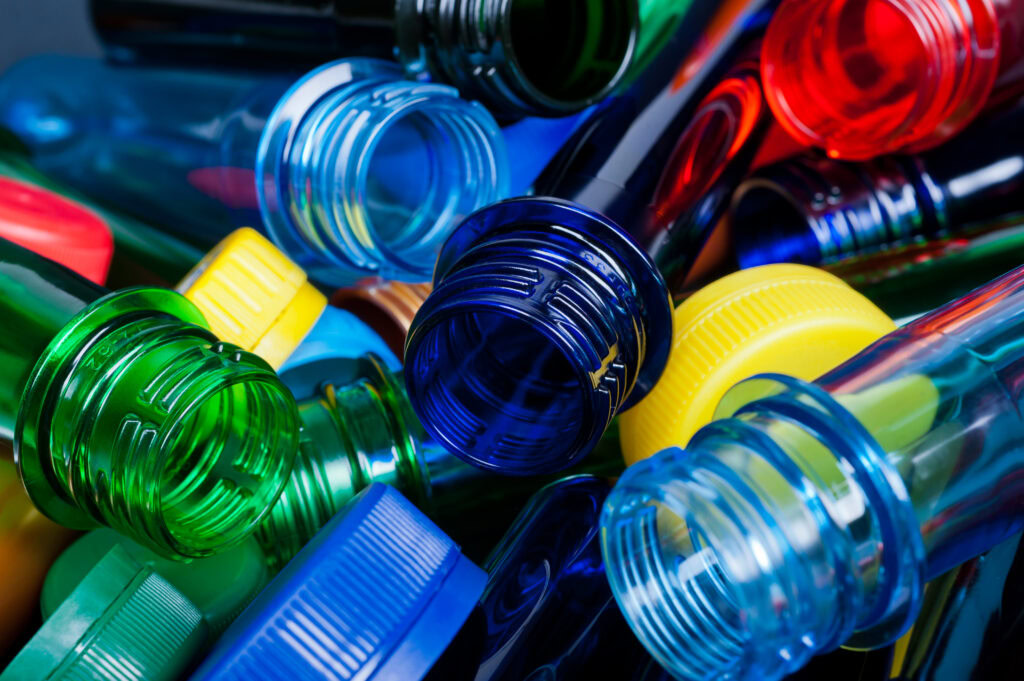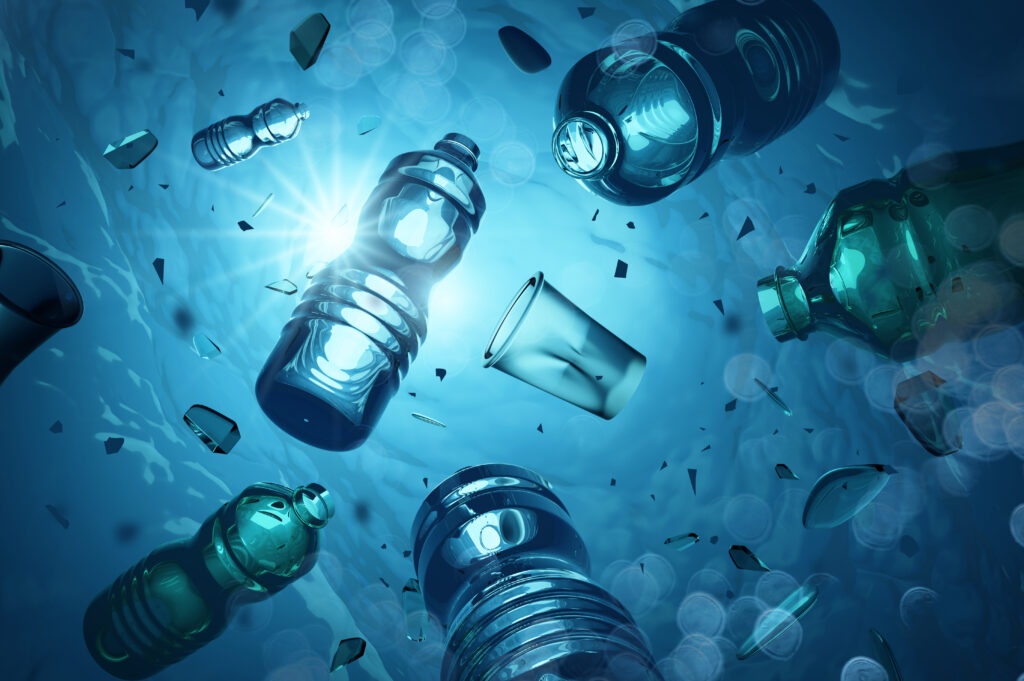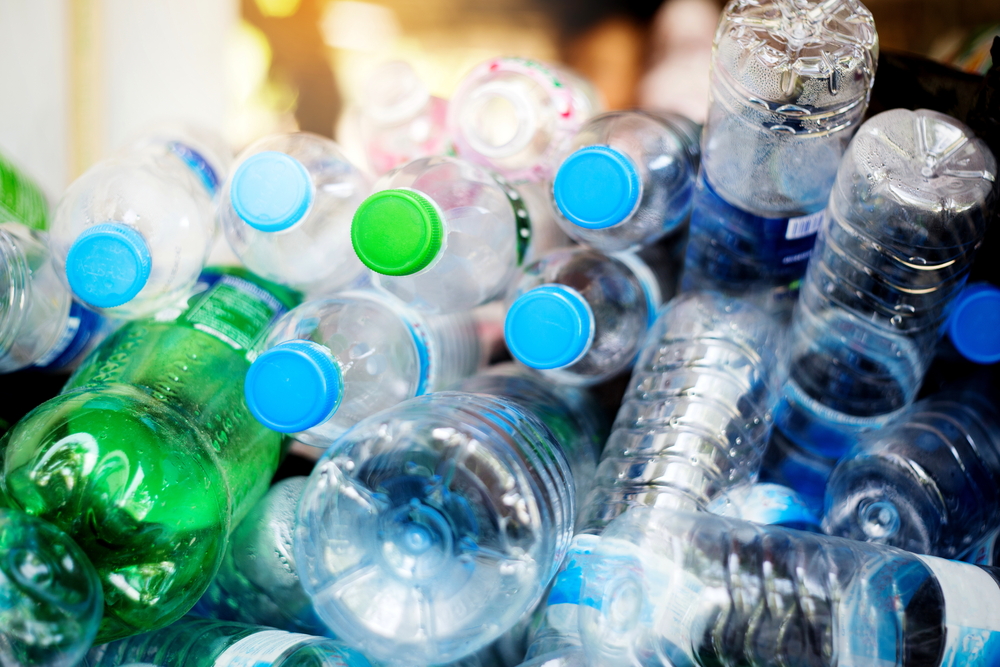That is the hope of WRAP, the Waste and Resources Action Programme, which is offering to fund up to 30% of the new recycling plant.
 The labels on HDPE bottles currently limit the amount of recycled plastic that can be used in making new bottles, WRAP believes |
Paul Davidson, WRAP's plastics technical manager, revealed today that a “healthy number” of companies are hoping to set up the plant, which should be capable of reprocessing about 13,000 tonnes of HDPE plastic bottles each year.
The bidding process for WRAP's tender closed at the end of August.
WRAP believes the plant will be the world's first “closed loop” recycling plant for milk bottles, although there are already projects underway to turn clear PET plastic bottles back into food grade packaging with WRAP working with the likes of Boots, Coca-Cola and Marks & Spencer (see letsrecycle.com story).
Mr Davidson said: “This is a very unusual project, because it will turn HDPE plastic bottles back into food-grade polyethylene – it's closed loop recycling for bottles, and this will be the first one in the world to do that.”
WRAP will now be analysing each of the responses before appointing one or more preferred bidders. Mr Davidson said: “We're optimistic that we'll have contracts agreed by Christmas. We hope to have a plant up and running by December 2007, although it may slip a little bit later than that.”
Technology
The organisation has spent three years developing technology that it believes can be used to recycle HDPE into new food-grade packaging (see letsrecycle.com story).
” We're optimistic that we'll have contracts agreed by Christmas. We hope to have a plant up and running by December 2007. “
– Paul Davidson, WRAP
The new plant will turn used HDPE bottles into plastic pellets, which will in turn be used to make new plastic bottles. Although tests have been carried out using 100% recycled plastic to make new bottles, Mr Davidson said he expected a maximum of about 30% of recycled HDPE plastic being used in making new bottles.
Labels
He said the kind of labels used on milk bottles made it difficult to use more than 30% of the recycled plastic in new bottles.
He said: “I would love to see the situation where companies and dairies would become greater stakeholders in this. They have already made these bottles more recyclable, by getting rid of the aluminium seals and keeping the security ring off the bottle, but at the moment the labels and adhesives can bleed into the plastic. This can be dealt with by chemicals, but if they were designed to be more recyclable, we could see more recycled HDPE in bottles.”
Mr Davidson said retailers and brand owners were keen to use more HDPE plastic in their bottles, explaining that having worked with companies like Boots, Coca-Cola and Marks & Spencer on PET plastic recycling, WRAP was “pushing an open door” with the HDPE project.
The WRAP plastics technical manager added that research suggested that householders were more likely to recycle their plastic bottles if they were made from recycled material.
Location
While WRAP would not discuss the specific bids it has received for the project, Mr Davidson said the organisation could still choose a site anywhere in the UK to locate the new HDPE reprocessing plant.
| Related links: |
He argued that when baled, waste plastic bottles are easy to transport, and because of their material value their transportation has a “surprisingly low” impact environmentally.
Mr Davidson also stated his belief that once one HDPE plant is built, more would follow, reducing the distances that waste plastics would have to be transported to be recycled. “Once you get more than one plant in the UK, the catchment area becomes smaller – as more and more plants open up, you reduce the catchment area.”










Subscribe for free